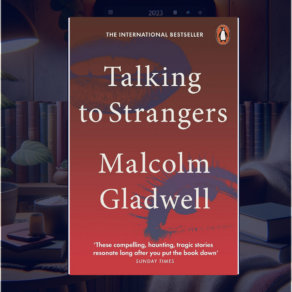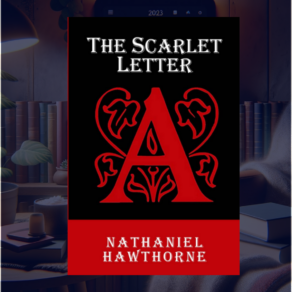As a passionate advocate for literature that inspires change and provokes thoughtful conversation, I found “Letter from the Birmingham Jail” by Martin Luther King, Jr. to be an indispensable read. It is not just a letter, but a testament to the power of words and the enduring struggle for social justice and racial equality.
The context of this remarkable letter is as compelling as its content. Penned on April 16, 1963, while King was incarcerated in the Birmingham jail for his active role in civil rights demonstrations, it serves as a resonant rebuttal to his critics, primarily eight white clergymen who had publicly condemned his methods. Isolated from the world yet deeply connected to the cause he was fighting for, King composed this powerful treatise in the confined space of his cell.
[Related: Best Non-fiction Books for Kids]
King’s letter is both an eloquent defense of nonviolent resistance and a scathing critique of the complacency that had impeded the progress of racial equality. His profound insights, meticulously woven into the text, underscore the necessity of direct, peaceful action as a vehicle to instigate social change. More than just a rebuttal, this letter is a profound exploration of the moral responsibilities we hold in the face of injustice.
I was particularly drawn to King’s persuasive rhetoric and his application of historical, legal, and moral arguments to legitimize the civil rights movement. It is a masterful use of language and logic to propel his message forward, emphasizing the urgency of the situation in Birmingham and beyond.
The resonance of King’s “Letter from the Birmingham Jail” transcends its historical context. While it undeniably illuminated the injustices of the 1960s American South, the call for equality, justice, and nonviolent resistance to oppression remains profoundly relevant today. More than twenty years since its creation, King’s impassioned plea continues to inspire movements and individuals championing social justice across the globe.
The letter’s potent energy, the compelling resonance of King’s convictions, and the timeless relevance of its themes make it a compelling read. For me, this wasn’t merely a historical document or a piece of eloquent writing; it was a call to consciousness, a reminder of our collective responsibility to oppose injustice wherever we see it.
I cannot stress enough the importance and contemporary relevance of this remarkable text. It has not only deepened my understanding of the civil rights movement but has also reaffirmed the transformative power of peaceful resistance in the fight for social justice.
Letter from the Birmingham Jail Quotes
“So I have tried to make it clear that it is wrong to use immoral means to attain moral ends. But now I must affirm that it is just as wrong, or even more so, to use moral means to preserve immoral ends. ”― Martin Luther King Jr., Letter from the Birmingham Jail
“Injustice anywhere is a threat to justice everywhere. We are caught in an inescapable network of mutuality, tied in a single garment of destiny. Whatever affects one directly, affects all indirectly.”
― Martin Luther King Jr., Letter from the Birmingham Jail
“One has not only a legal, but a moral responsibility to obey just laws. Conversely, one has a moral responsibility to disobey unjust laws.”― Martin Luther King Jr., Letter from the Birmingham Jail
“the question is not whether we will be extremist, but what kind of extremists we will be. Will we be extremists for hate, or will we be extremists for love? Will we be extremists for the preservation of injustice, or will we be extremists for the cause of justice?”― Martin Luther King Jr., Letter from the Birmingham Jail
“History is the long and tragic story of the fact that privileged groups seldom give up their privileges voluntarily. Individuals may see the moral light and voluntarily give up their unjust posture; but, as Reinhold Niebuhr has
reminded us, groups are more immoral than individuals.”― Martin Luther King Jr., Letter from the Birmingham Jail
“We will have to repent in this generation not merely for the hateful words and actions of the bad people but for the appalling silence of the good people.” ― Martin Luther King Jr., Letter from the Birmingham Jail
“We know through painful experience that freedom is never voluntarily given by the oppressor; it must be demanded by the oppressed.” ― Martin Luther King Jr., Letter from the Birmingham Jail.
I hope you find Letter from Birmingham Jail summary helpful!






